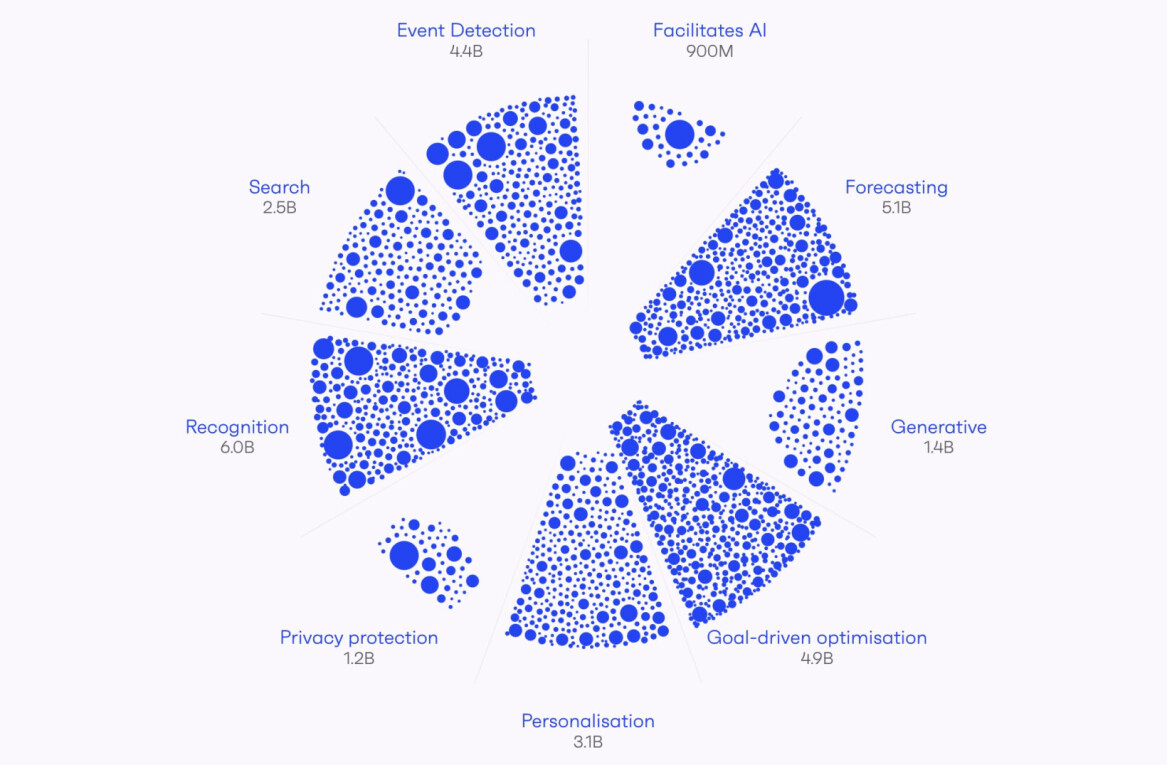

It won’t just be an overzealous librarian you have to deal with at the library the next time you need to do some research, you could find yourself at the business end of some heavy handed copyright protection if the UK government have anything to do with it.
The Department for Business, Innovation and Skills (BIS), a ministerial department of the UK Government, have proposed a ruling that could lead to the criminalisation of small businesses, universities, libraries and even neighbours if they operate an open public wireless internet network.
The proposal would be part of the government’s Digital Economy Bill copyright crackdown aimed at cutting internet piracy. It would effectively classify the organisations as copyright infringer’s, the same as an individual subscriber, if copyrighted material was downloaded using their connection.
Penalities could include disconnection from the internet and possible legal action if warnings went unheeded. It is most likely to leave small businesses and public organisations perplexed as to whether they should offer their customers/visitors wireless internet access.
In an interview with ZDNet, Lilian Edwards, Professor of Internet Law at Sheffield University explained that:
“This is going to be a very unfortunate measure for small businesses, particularly in a recession, many of whom are using open free Wi-Fi very effectively as a way to get the punters in. Even if they password protect, they then have two options — to pay someone like The Cloud to manage it for them, or take responsibility themselves for becoming an ISP effectively, and keep records for everyone they assign connections to, which is an impossible burden for a small café.”
The government’s reasoning behind the non-exemption of these particular organisations is that it could open a potential loophole for bogus organisations to register for exemption just to operate as hubs for copyright infringement.
ISP Review highlighted a number of proposals put forward by the Bill which would help an organisation tackle infringement:
- Blocking any software or application downloads onto fixed computer desktops.
- Enabling the privacy/security features of the router, if these are available.
- Installing Firewalls that do not allow access to a number of sites, such as those containing Flash technology.
- Filters to block various sites
- Acceptable conditions of use policy – a “conditions of use” policy, which users have to agree to before getting access to the network, for example no unlawful activity including copyright infringement is permitted.
The report (downloadable here) suggests that the measures aren’t designed to completely eradicate piracy, only make it harder for a network user to engage in copyright infringement.
I can’t remember the last time I infringed copyright by visiting a website that contained Flash, perhaps the government know different.
Get the TNW newsletter
Get the most important tech news in your inbox each week.




